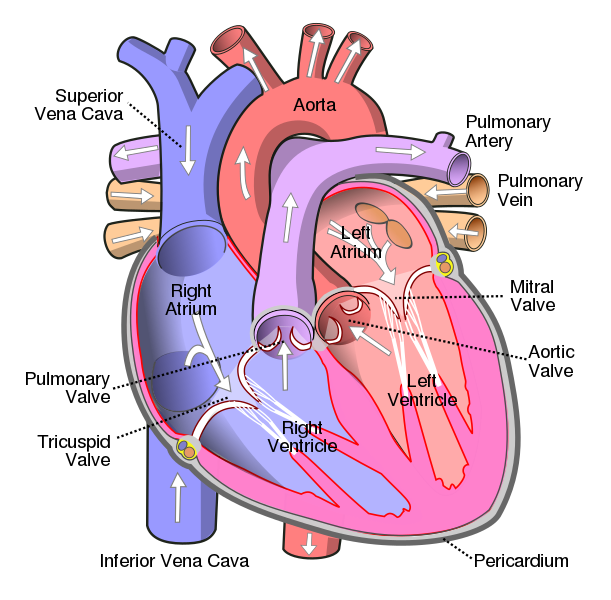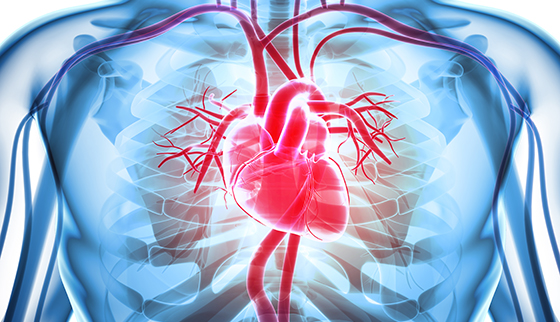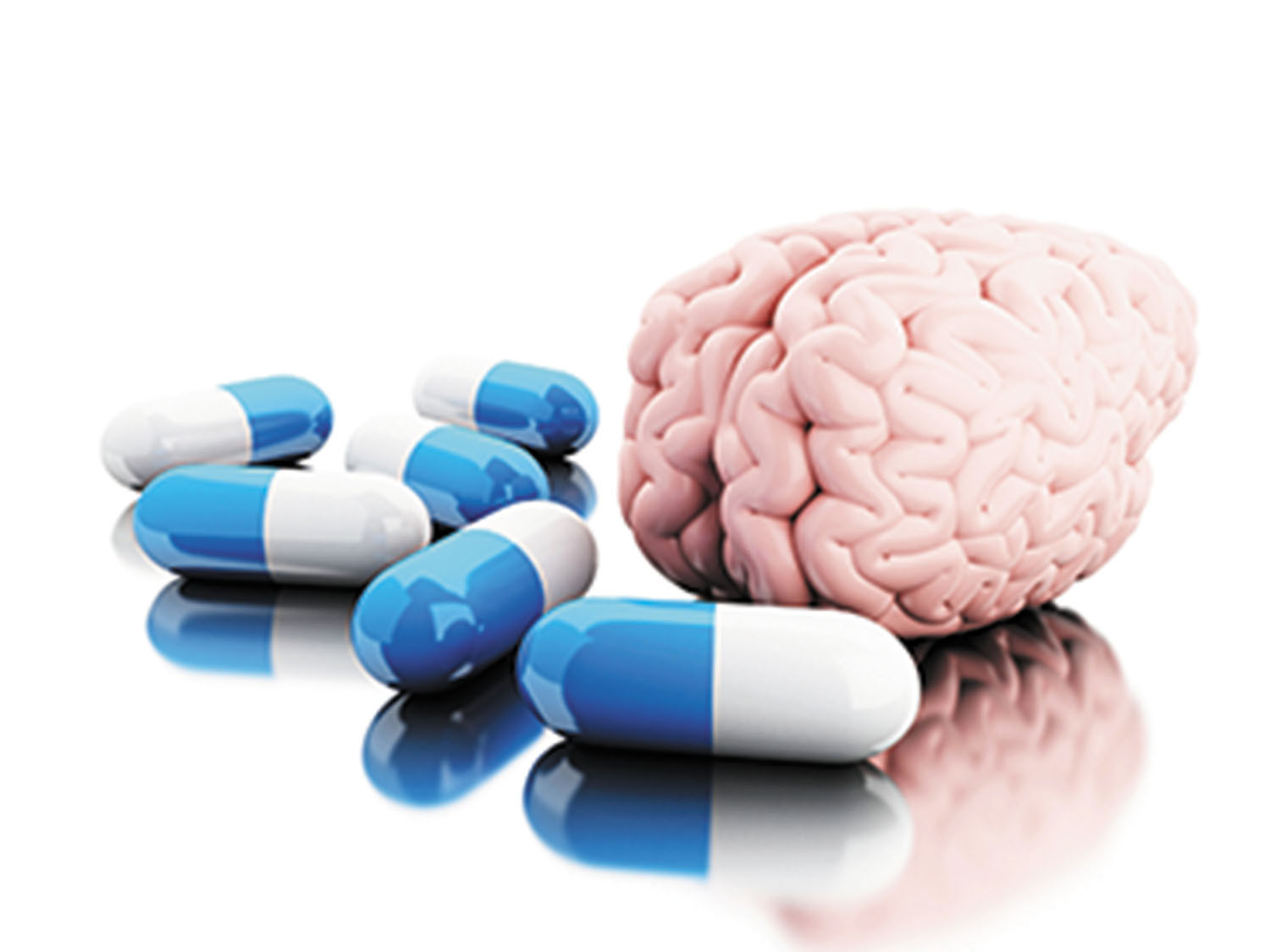Do heart conditions run in your family, or are you interested in becoming a cardiologist? Whatever your reasons, we will explain in the following article the top 5 health conditions that can lead to heart damage or weakening of the heart.
If you plan to learn how to care for critically ill patients with heart conditions, you will need a PALS certification. Yet, you should first take a look at the medical conditions that can lead to heart damage. Are you ready to get started? Here’s an overview of diseases that can impact cardiac function.

1. Hypertension
Hypertension, also known as high blood pressure, can bring more strain to the heart and may even lead to congenital heart defects. Normal blood pressure of human is less than 120/80 mmHg. If your blood pressure consistently measures above those average results, you will likely get a hypertension diagnosis.
The higher those readings are, and if they remain unmanaged, the more likely the patient is at risk of heart attacks, heart disease, and stroke.
2. Diabetes
You will certainly need to know plenty of information about diabetes before you complete your PALS certification exam. Diabetes can negatively impact the heart and cause damage. That happens when high blood sugar levels harm the blood vessels and the nerves controlling the cardiovascular system.
People who have diabetes are also at higher risk of having high blood pressure, an excess of LDL or “bad” cholesterol, and a large number of triglycerides. These triglycerides are a type of fat found in the blood that leads to the hardening of the arteries.
3. Obesity
Researchers from Johns Hopkins University looked at 13,000 obese patients and found that obesity alone is a significant risk factor for heart failure. The researchers removed the factors of diabetes, high blood pressure, and cholesterol when determining these findings.
In their study, the researchers discovered that morbidly obese individuals were more than twice as likely to have heart failure as patients who had a healthy body mass index (BMI).
4. Congenital Heart Defects (CHD)
Congenital heart defects or CHD are some of the most common congenital disabilities people are born with. However, with better treatment and various advancements, children with CHD have lived longer and healthier lives than in years past.
CHD impacts the structure of the heart and how well it pumps blood. CHD can vary from mild to severe forms. The typical symptoms of CHD include:
- A blue tint on the lips and nails
- Sleepiness or exhaustion
- Tiredness when eating
- Quick or problematic breathing rate
Also Read: Start Online Running Today & Get Fit in 3 Months
5. Thrombosis
Thrombosis is a blood clot that blocks the veins or arteries in the body. Essentially, thrombosis can lead to a heart attack or a stroke. The typical symptoms of thrombosis include:
- Chest pain
- Swelling in a leg or an arm
- Numbness on one side of the body
The typical treatments for thrombosis are blood thinning agents to prevent clots as well as adding stents or catheters to extend blocked blood vessels.
Frequently Asked Questions About the Cardiovascular System
Check out the answers below to some frequently asked questions about a weakened heart and the cardiovascular system.
What is a Weakening of the Heart Called?
The weakening of the heart is called cardiomyopathy. The disease involves the heart muscle weakening, stretching, or having another type of structural issue. Essentially, cardiomyopathy can result in the heart having difficulty pumping blood or functioning appropriately. Often, people with cardiomyopathy can end up with heart failure.
It can occur due to the narrowing of the arteries connected to the heart, which can make it harder for the heart to pump blood.
Also Read: Single Blood Test Cancer Screening? Doctors Introduce Tech that Can Detect Multiple Cancers At Once
What Symptoms does a Weakened and Enlarged heart Cause?
The typical symptoms of a weakened and enlarged heart include shortness of breath, an irregular heartbeat, swelling in the legs or stomach, or waking up short of breath. A few rare symptoms include becoming dizzy and having chest pain.
An enlarged heart can lead to serious health problems, including a greater risk of sudden death. It may also lead to fluid build-up in the lungs, which may cause heart failure.
What is the Most Common Cause of an Enlarged Heart?
An enlarged heart or cardiomegaly may occur due to damage to the heart muscle. Generally, the most common cause of an enlarged heart is coronary artery disease. That involves plaque build-up in the coronary arteries that restrict blood flow. Currently, approximately 18 million adults in the United States have coronary artery disease.
The Final Word
With a greater understanding of the various medical conditions that lead to a weakened heart, you are now ready to prepare for your PALS certification. Whether your patients have hypertension, diabetes, or thrombosis, they will need you to provide critical care. With the right medical treatment, you can help save lives.



